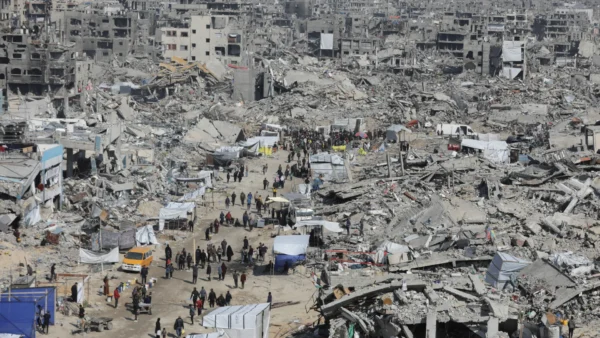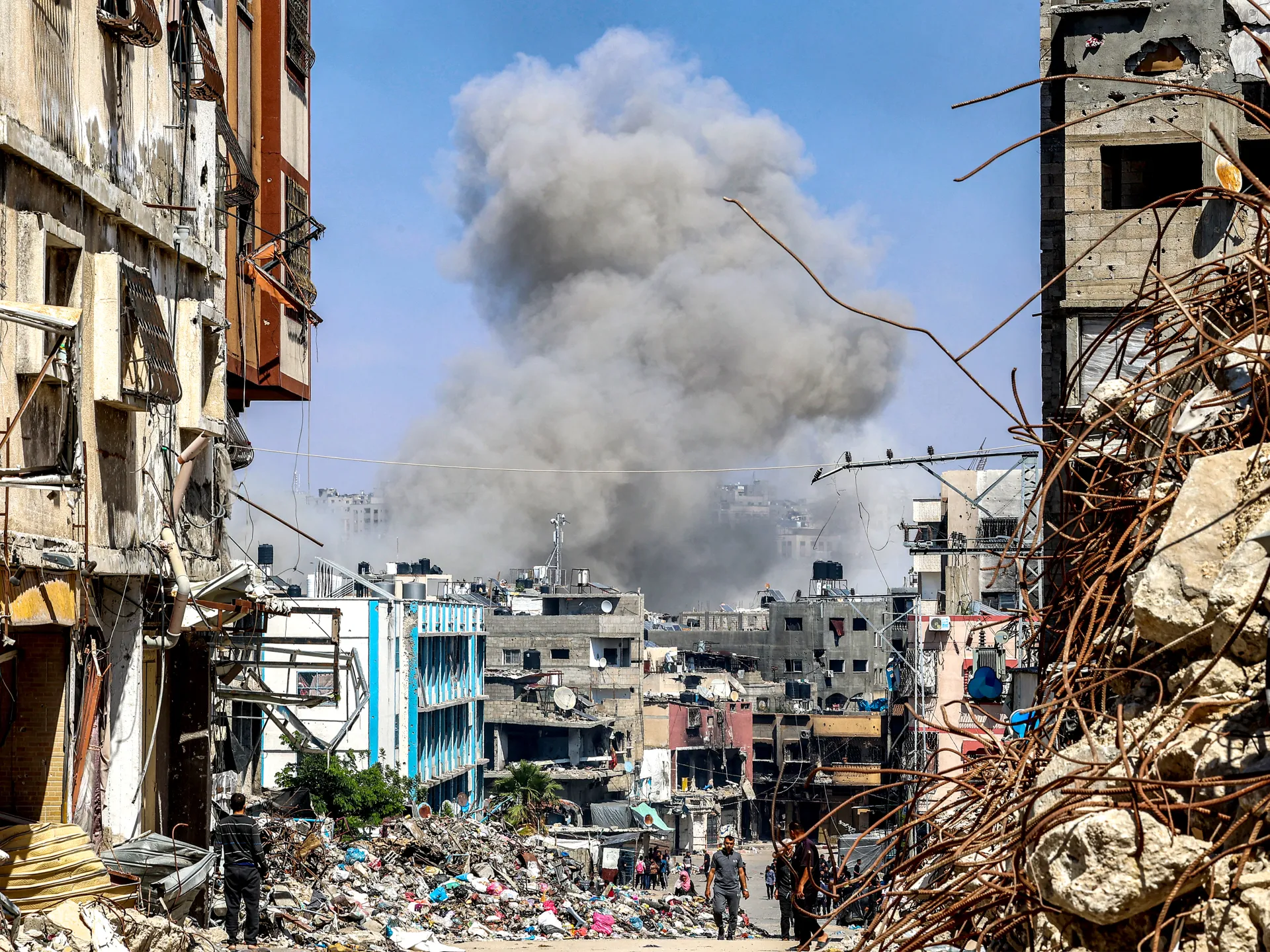The Israel–Gaza conflict has reached a dangerous peak. International voices are calling for peace, but the violence continues. Learn the latest updates.

Israel–Gaza Escalation Intensifies – A World on Edge
In Gaza, every sunrise feels like a borrowed moment. Parents wake to the sound of drones, not birds. Children flinch at the crack of gunfire instead of school bells. For many, the question is no longer if they will lose someone, but when.
In just the past 24 hours, 11 Palestinians were killed while desperately trying to collect food aid. Another 11 died from malnutrition. These numbers are heartbreaking, but behind each one is a name, a face, and a family.
One mother, Rania, shared how she waited in line for hours hoping to get flour for her children. The truck never arrived. She returned home to find her youngest daughter crying from hunger. “I told her to sleep,” Rania said quietly, “because sleep is the only way to forget hunger for a while.”
Global Condemnation Grows
The world is watching. More than 20 countries have expressed their disapproval of Israel’s military expansion in Gaza City. These countries include Germany, the UK, France, Canada, and several Arab nations. Germany has gone a step further—suspending all military exports to Israel.
This echoes political ripples seen in other tense regions. For example, Ali Larijani’s return to Iranian politics stirred regional debates. It also caused shifts in alliances.
Life in a City Under Siege
Hospitals in Gaza are overwhelmed. Dr. Yusuf is a surgeon at one of the last functioning medical centers. He says he has operated on children using a flashlight. This is because the power is out. “I have no proper anesthesia,” he says. “But if I wait, they will die.”
Families are rationing food to dangerous levels. Some eat once every two days. Children scavenge for scraps in bombed-out markets. There are neighborhoods where clean water hasn’t flowed for weeks.
Aid convoys try to enter, but many are blocked or delayed. On www.america112.com, analysts warn that the collapse of humanitarian access could be irreversible if the fighting continues.
Calls for Peace – But No Agreement
Mediators from the U.S., Egypt, and Qatar are working around the clock to broker a ceasefire. They are demanding the release of hostages and the withdrawal of troops. Yet, both sides remain unwilling to back down.
The United Nations calls this a “dangerous escalation” and has scheduled an urgent Security Council meeting. Diplomats fear this could spill into a wider regional conflict, similar to how tensions spread in the Thailand–Cambodia conflict.
The Faces of War
A father named Omar carries his injured son through the ruins of their neighborhood. He doesn’t know if his wife survived the last airstrike.
An elderly woman, Fatima, sits outside her destroyed home holding a photo of her late husband. She says she will not leave—“This is where my memories live.”
A 10-year-old boy named Samir keeps a small notebook where he draws pictures of birds, trees, and houses. “This is my future,” he tells a volunteer, “because I don’t want to draw the bombs anymore.”
More Than Politics
The Israel–Gaza conflict is not only a political crisis—it is a human tragedy. It is about families trying to survive another night. It is about children who have never known peace.
Every day without resolution means more lives lost, more dreams erased, and more futures stolen. The world must ask itself—will leaders act before it is too late? Or will history remember this as the time humanity looked away?

